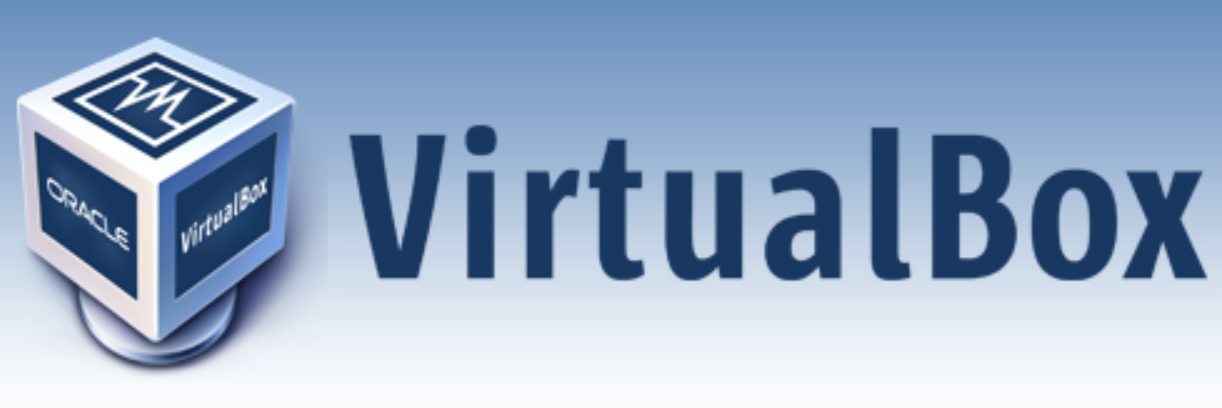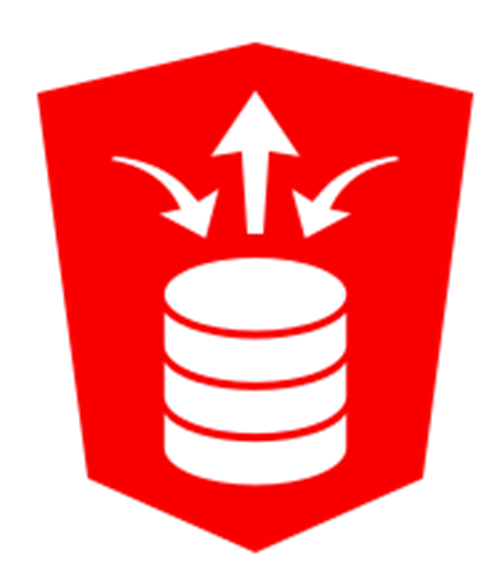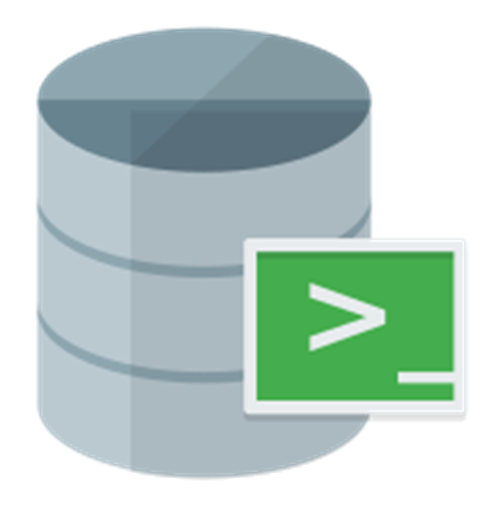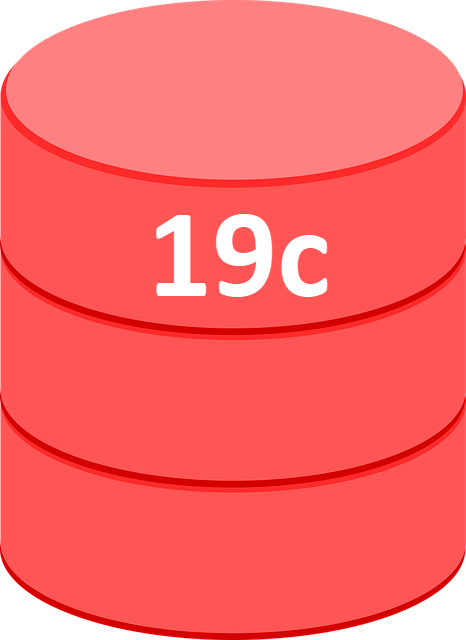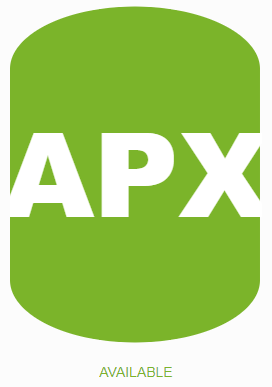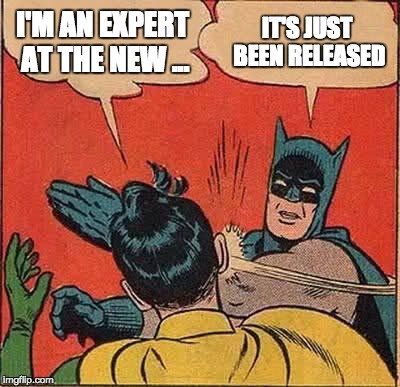
I feel like this has been said a lot over the last year or so, but I still keep getting questions about it, so I’ll chip in.
Before we jump into it, the first place you should be looking for release information is this MOS note.
Release Schedule of Current Database Releases (Doc ID 742060.1)
With that in mind, here we go…
Long Term Releases (Long Term Support Releases)
I prefer the name Long Term Support (LTS) Releases, as that is really what they’re all about.
The important point here is you get 5 years of Premier Support followed by 3 years of Extended Support. This will be a more manageable upgrade cycle for a lot of companies. I can see many companies just jumping between long term releases and never venturing near an innovation release.
Oracle database 19c is a long term release. The next one is scheduled to be 23c.
Innovation Releases
An innovation release gives you the bleeding-edge functionality in the Oracle database. Oracle call it leading-edge. I’m sticking with bleeding-edge.
The main thing here is you only get 2 years of Premier Support and no extended support. If you go this route you are committing to a quicker upgrade cycle. In practice, this really means yearly as far as I’m concerned. That’s not the sort of commitment I expect many companies to make.
Oracle database 21c is an innovation release, so I don’t expect many people will actually get to use it in their production systems. That’s not to say they shouldn’t, just that it may not be practical from a resourcing perspective in their company.
What I can see happening is a company will avoid innovation releases unless there is a killer feature they need now, which makes them willing to accept the regular upgrade cycle until that feature makes it into the next long term release. That might mean most databases in their estate are on long term releases, but a couple of databases are using innovation releases.
When you’re reading articles and blog posts about features in innovation releases, just remember you may not get to use them in production for quite some time, unless they are backported to the previous long term release.
Preview Releases
This is not a “planned thing”. I don’t think we expect to see preview-only releases in future. Oracle database 20c was available in preview on Oracle Cloud, but the crazy times of 2020 meant it never made it to general availability. Instead we jumped straight to 21c, as if 20c never happened. As a result, many of the new features in 21c, were originally intended to be new features in 20c.
Once again, I think the 20c issue has been discussed a lot of times, but I still get questions about what happened to 20c. 🙂
What You Should Do
At minimum you should be trying to get all your databases to 19c. You can then stay there until 23c is released, which will be your next big push.
If your company can cope with a quicker upgrade cycle, and if there is a compelling reason to do so, you can consider innovation releases. If you use an innovation release, don’t blame Oracle about the lack of long term support. You should know what you are getting into.
Regardless of what your company is doing, still try and keep on top of the new features. The more you know now, the easier the transition will be when the new release does become available to you, whether you’re a developer, DBA or both.
You can play with Oracle database 21c, and future releases, from your Oracle Cloud Free Tier account. Free is a really good price. 🙂
Cheers
Tim…
